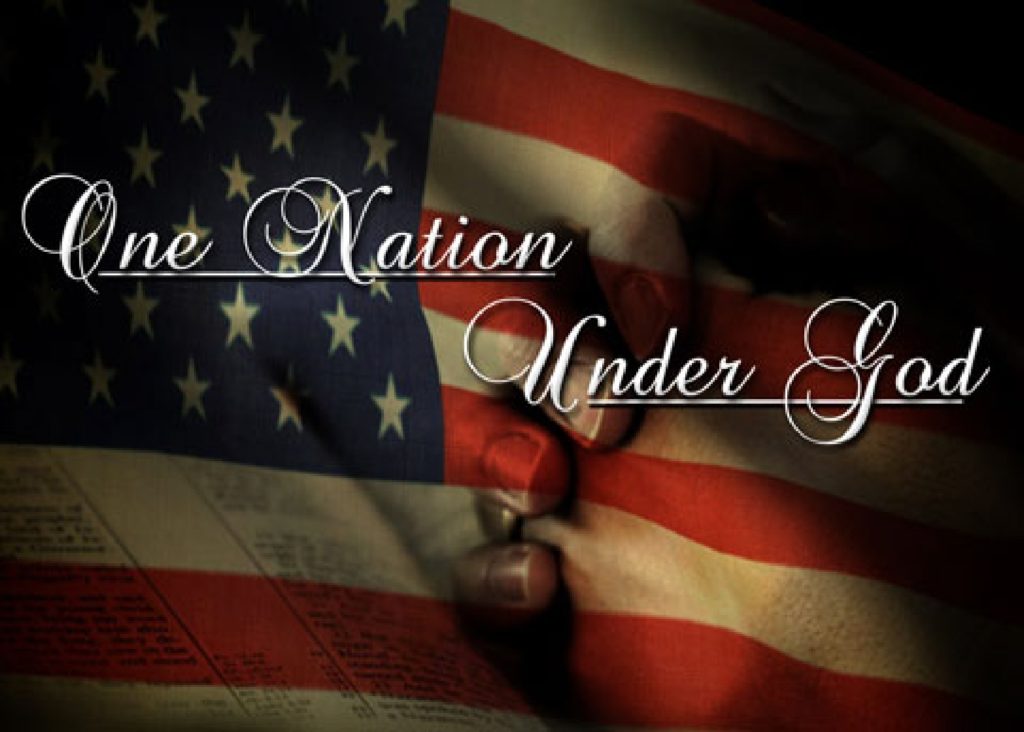
Mary and I had planned to go out for a meal on Tuesday, April 20, to celebrate our 46th wedding anniversary. We got dressed but lingered at home to hear the jury’s verdict at the end of the trial of Derek Chauvin, the police officer who knelt on the neck of George Floyd for over nine minutes as he lay on the ground handcuffed and pleading for his life. The relatively short period taken by the jury to come to a decision was a sign to me that their verdict was most likely guilty. However, I was still nervous that my assumption might be wrong.
When the verdict was read, my wife’s pent-up emotions exploded in a shout. My response was merely a silent prayer of gratitude that the jury had come to the only conclusion that the evidence demanded. Franklin Graham, president of the Billy Graham Evangelistic Association, commented, “Our legal system has worked and justice is being served. I hope all of America and our law enforcement will learn from this, and that we’ll become a better nation.”
I have spent some time musing over Franklin Graham’s statement, in particular the word “nation.” There is no doubt that the United States of America are a country, governed by a set of federal laws and occupying a prescribed territory, but a nation is a different kettle of fish. The word “nation” comes from the French word nacion, which literally means ‘place of origin’ or ‘having been born from.’ The Oxford Dictionary defines nation as “a large body of people united by common descent, history, culture, or language, inhabiting a particular country or territory.” From this definition, it is clear that America is high in the handicap stakes as far as being a nation is concerned. Its citizens do not all share a common history or culture. Neither do they share a common descent, from a human point of view.
So, what then can the United States with its multicultural and multi-ethnic citizenry do to become a nation in the truest sense of the word? The answer lies in the primitive definition of the word nation – place of origin or being born from. In God we have a common origin. “And He made from one [common origin, one source, one blood] all nations of men to settle on the face of the earth…” Acts 17:26 (AMPC).
The United States can only be truly a nation as it transcends historical, cultural, ethnic, class and color diversity with the over-arching Biblical narrative that all people came from God and are considered equal by Him, irrespective of their natural origin, color, class, creed or where they are on the humanly-devised socio-economic ladder. While this may be obvious to some and glibly preached by many, it is somewhat confusing that the Christian Church as a whole and individually is not leading the march against policies and actions that are in direct opposition to this basic principle. The fact that the guilty verdict in the case brought against Derek Chauvin has elicited such strong emotions on the part of millions in our country, when it should be a run-of-the- mill court decision, based on the evidence of our own eyes, tells us how much work is still required for America to become a nation in which all life matters and in which all are treated with dignity and are afforded the rights that should be applied without hesitation or discrimination to everyone who bears the label, ‘human being.’
The application of Biblical principles in addressing the inequities and injustices in our country strikes me as part of what preaching Present Truth is all about. As Christians we do not have the luxury of closing our eyes to injustice or walking on the other side of the road when we come across practices or policies that deface the image of God in any human being, as it was in George Floyd. Some may take the easy way out by saying that advocating for justice is political, but as I said in a sermon at Sligo in 2020, addressing racism, classism, sexism or any such ism that robs a human being of dignity, is not politics, it is righteousness. The Old Testament prophets, including Isaiah, Amos and Micah, help us understand that there is no righteousness without justice. There is no personal righteousness without seeking justice for the oppressed, the voiceless and the weak.
We can move beyond just being a country and become a nation, but it will take all of us to achieve this. It will take our influence, our voice, and possibly our lives, but it will be worth in the end!
`